Elections in Russia: what’s behind the Putin system and its retention of power?
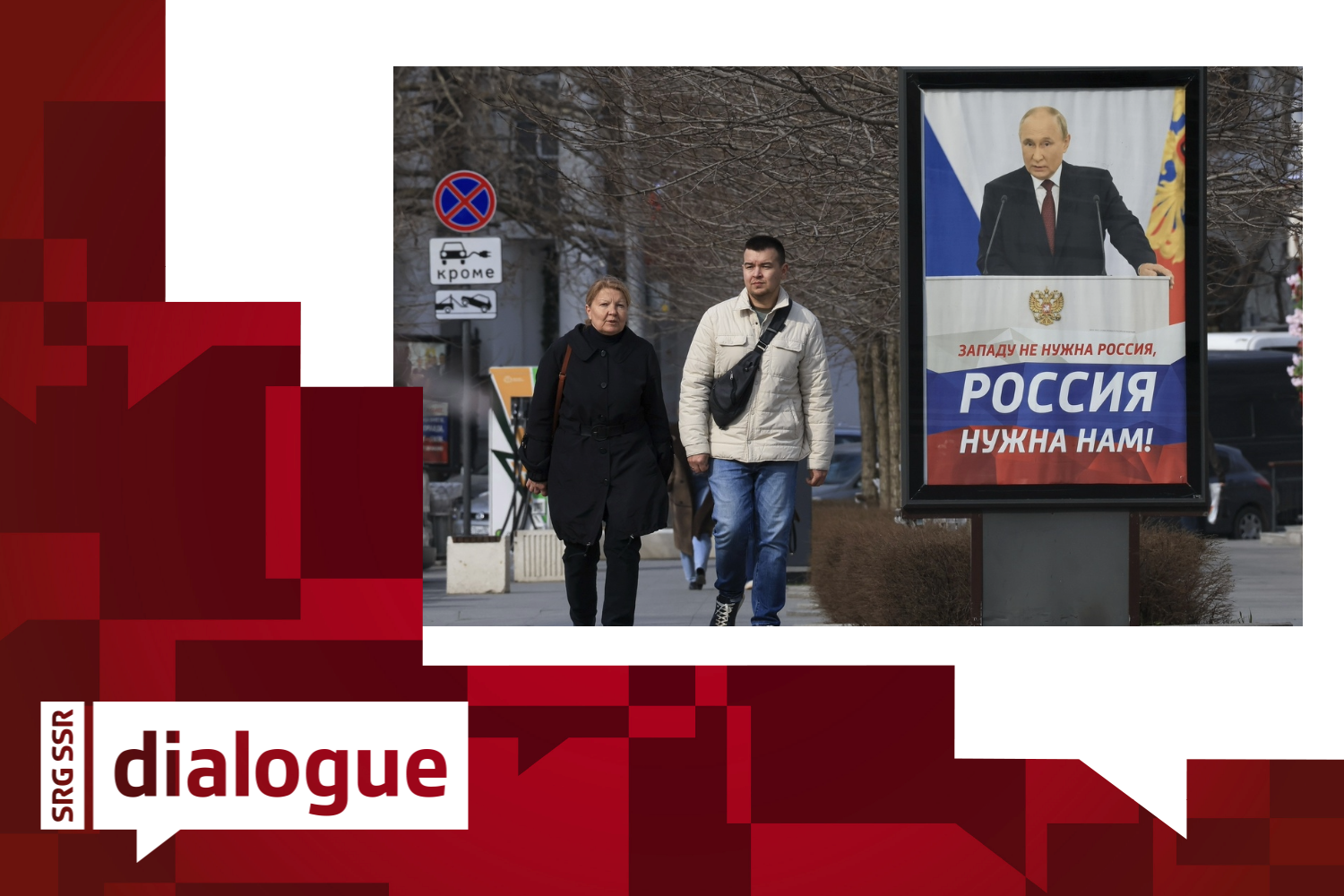
Russia holds a presidential election this weekend, and the winner is already clear. How has Vladimir Putin managed to cement such power over the years? Join the discussion on “dialogue”!
Since the fall of the Iron Curtain, one man in particular has shaped the image of Russia: Vladimir Vladimirovich Putin. What are the factors which favour the Putin system and its retention of power?
The editorial team behind “dialogue”, a project run by the Swiss Broadcasting Corporation (SBC), SWI swissinfo.ch’s parent company, has put together a selection of articles and multimedia from across Switzerland on the topic of the upcoming elections in Russia. The selection is translated into the four Swiss national languages as well as English.
1952: Born in Leningrad (today St Petersburg)
1975: Graduates from Leningrad University
1975 – 1991: KGB agent (“Committee for State Security”)
1985 – 1990: spy in Dresden, GDR (German Democratic Republic)
1991 – 1996: close adviser to the mayor of St Petersburg
1998 – 1999: Director of the FSB (“Federal security Service of the Russian Federation”, a successor organisation to the KGB)
1999 – 2000: Prime minister of Russia
1999 – 2008: Acting president and, since 2000, president of Russia
2008 – 2012: Prime minister of Russia
Since 2012: President of Russia
Rewriting history, indoctrinating youth
Under Putin, the course of history has changed – quite literally: among other things, the Kremlin leader invented an impending genocide in the Donbass region to justify his invasion of Ukraine.
This fabricated narrative is now being taught as fact to Russian schoolchildren, as a look at the latest history books in Russian schools shows.
>> Watch ¨this Swiss public television, RTS, report on how history serves as a means to secure power in Russia:
Repression of the opposition
One of the world’s most famous political prisoners recently paid for his opposition with his life: Alexei Navalny. Navalny survived poisoning by Novichok, was arrested when he returned to Russia after treatment in Germany, and served several prison sentences, including one for extremism. By the end of 2023 he was transferred to a penitentiary in Siberia.
Oleg Radzinsky is a writer and Soviet dissident who served several years in prison and in Siberia “for anti-Soviet agitation and propaganda”. He as well as the Russian writer Mikhail Shishkin now live in Switzerland. It is clear to them that Navalny was murdered and did not die, as the Kremlin claims, of “natural causes”.
>> After Navalny’s death, the two Russian writers Oleg Radzinsky and Mikhail Shishkin reacted exclusively for SWI swissinfo.ch:

More
Oleg Radzinsky: ‘I hope Alexei Navalny’s death will wake up Western politicians’
Navalny was the great bearer of hope for a Russia without Putin, and his funeral marked a last stand against the repressive state which Russia has become in recent years. Thousands of Russians flocked to his grave, and many were arrested. Even today, many flowers adorn the resting place of the Kremlin opponent.
>> Listen to the Swiss public radio, SRF, report with voices of the people paying their respect at Navalny’s grave:
‘Traditional’ Russia
Russia is distancing itself from anything liberal. For example, Maria Vedunova, who holds a doctorate in biology, said humanity has made a “huge mistake” in giving women the opportunity to receive an education. In her opinion, this step marks the death of Russian culture and civilisation. The Kremlin meanwhile gratefully accepts this narrative.
“Traditional values” are at the heart of the regime’s rhetoric in Russia. In other words: stricter abortion laws, clamping down on the LGBTIQ+ scene, and the demonisation of everything that comes from the West.
>>The following broadcast by Swiss public radio, RTS, takes a closer look at this “traditional” Russia:
Media propaganda
Despite all the sanctions, the Russian government still cares about what the West thinks. This was also evident when Russian state television recently edited a documentary made by former SRF Russia correspondent Christof Franzen to fit its narrative: instead of the range of opinions depicted in the original version by Franzen, only hard-working and – above all – patriotic Russians were shown.
>> According to journalists, this is not an isolated case. Watch the Swiss public television, SRF, report on the topic:

More
When Russian state TV re-interprets a Swiss documentary
No broad internal support for Putin
However, Putin does not have broad support among the Russian population, as the well-known regime critic and Nobel Peace Prize winner Dmitry Muratov states in an interview with Swiss public television RTS. But Putin can count on two important population groups that benefit from his regime: people above the age of 65 and a new middle class working in the security apparatus. Together with their families, they make up tens of millions of people.
>> Watch the whole interview with regime critic Dmitry Muratov:
What do you think? Is Vladimir Putin a defender of traditional values or a dangerous reactionary? Join the debate on “dialogue”!
What is “dialogue”?
Adapted from German by Claire Micallef/dos

In compliance with the JTI standards
More: SWI swissinfo.ch certified by the Journalism Trust Initiative

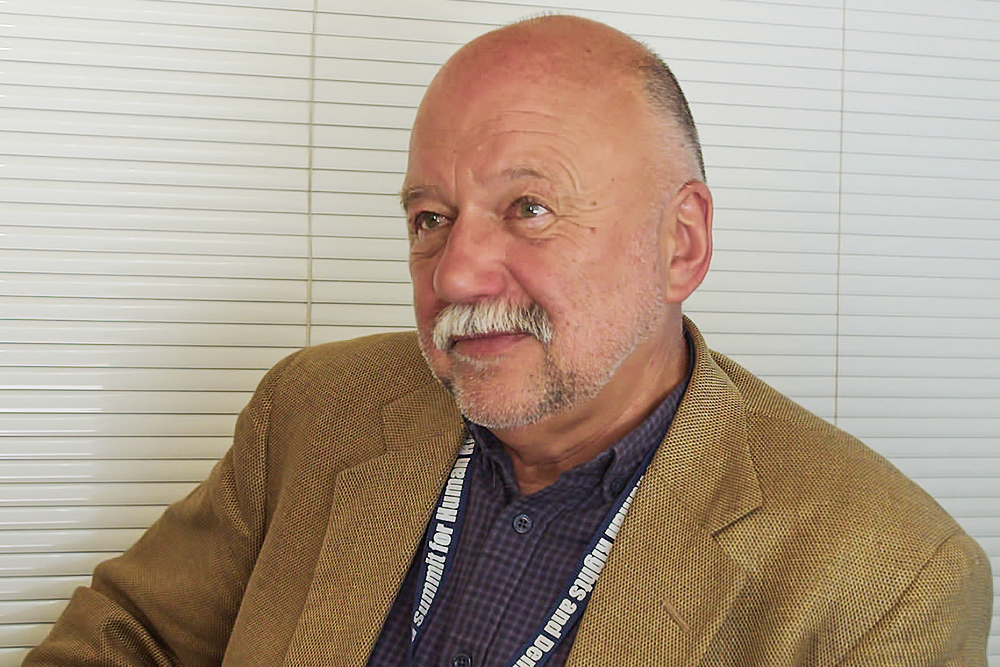
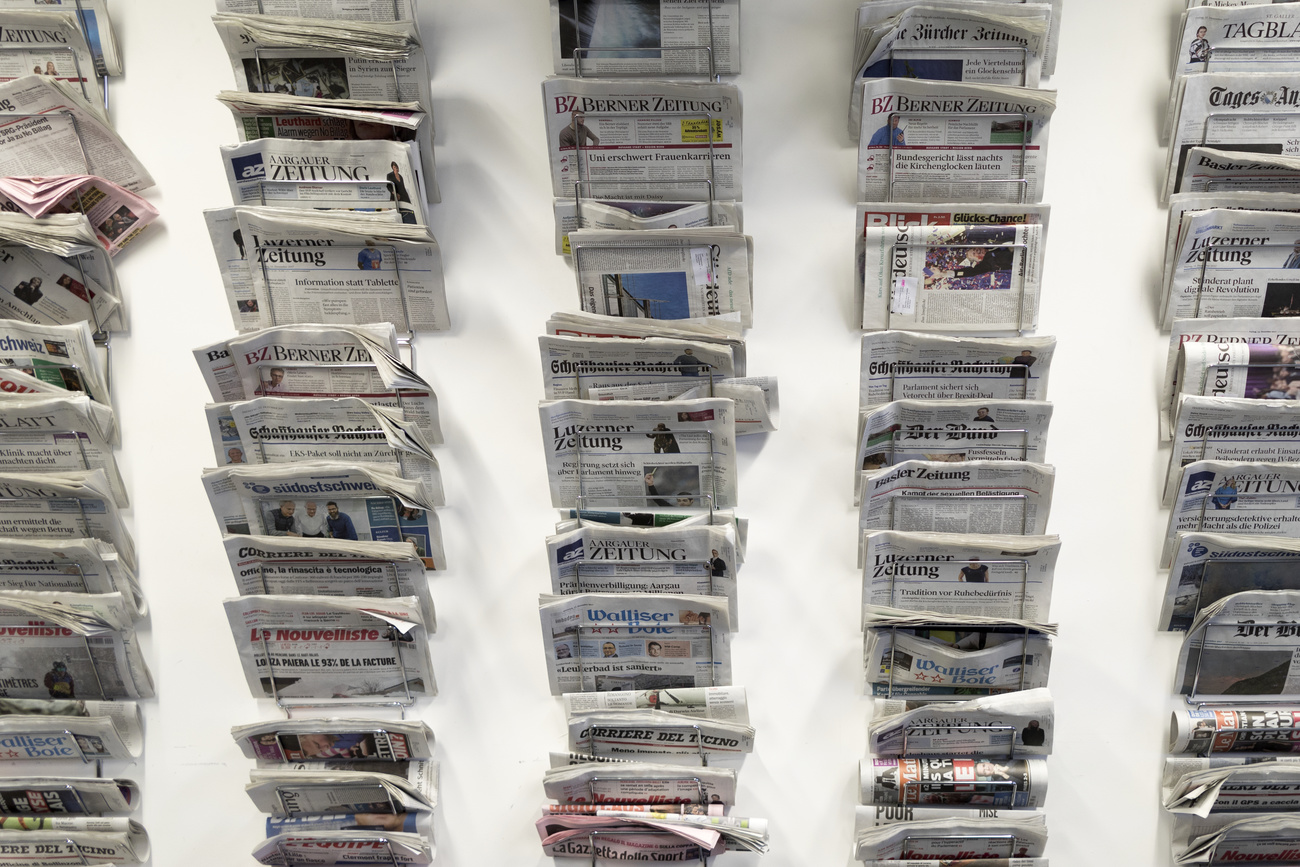
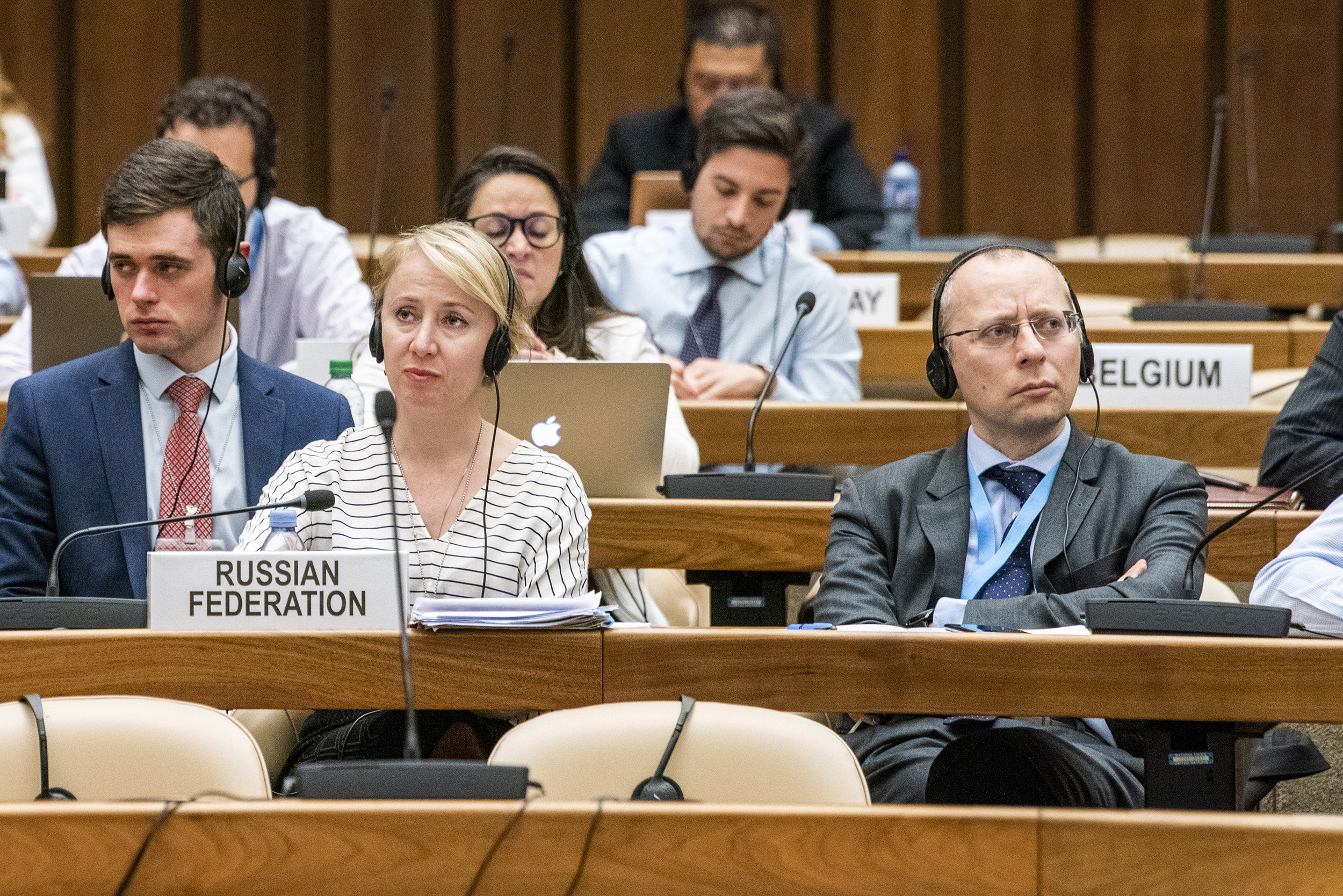
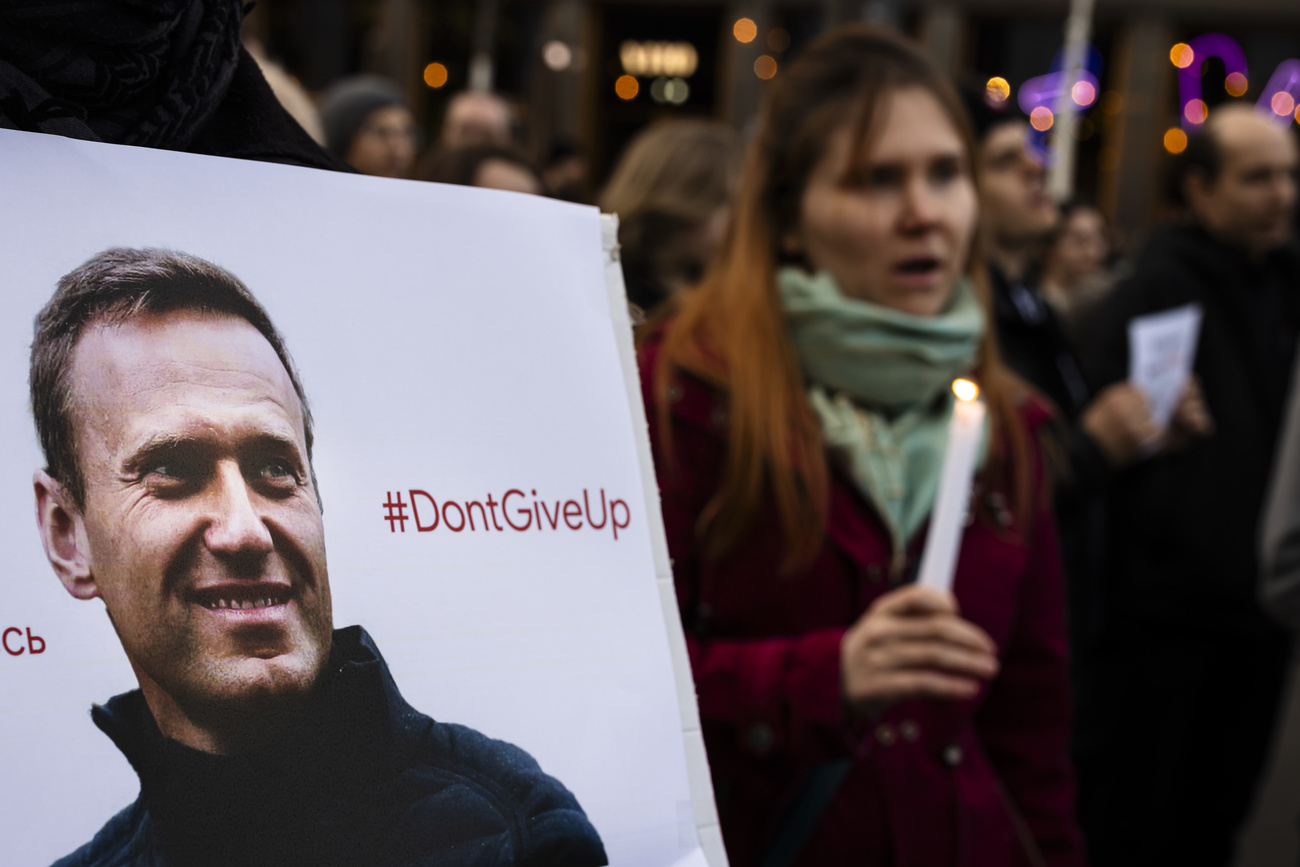
You can find an overview of ongoing debates with our journalists here . Please join us!
If you want to start a conversation about a topic raised in this article or want to report factual errors, email us at english@swissinfo.ch.